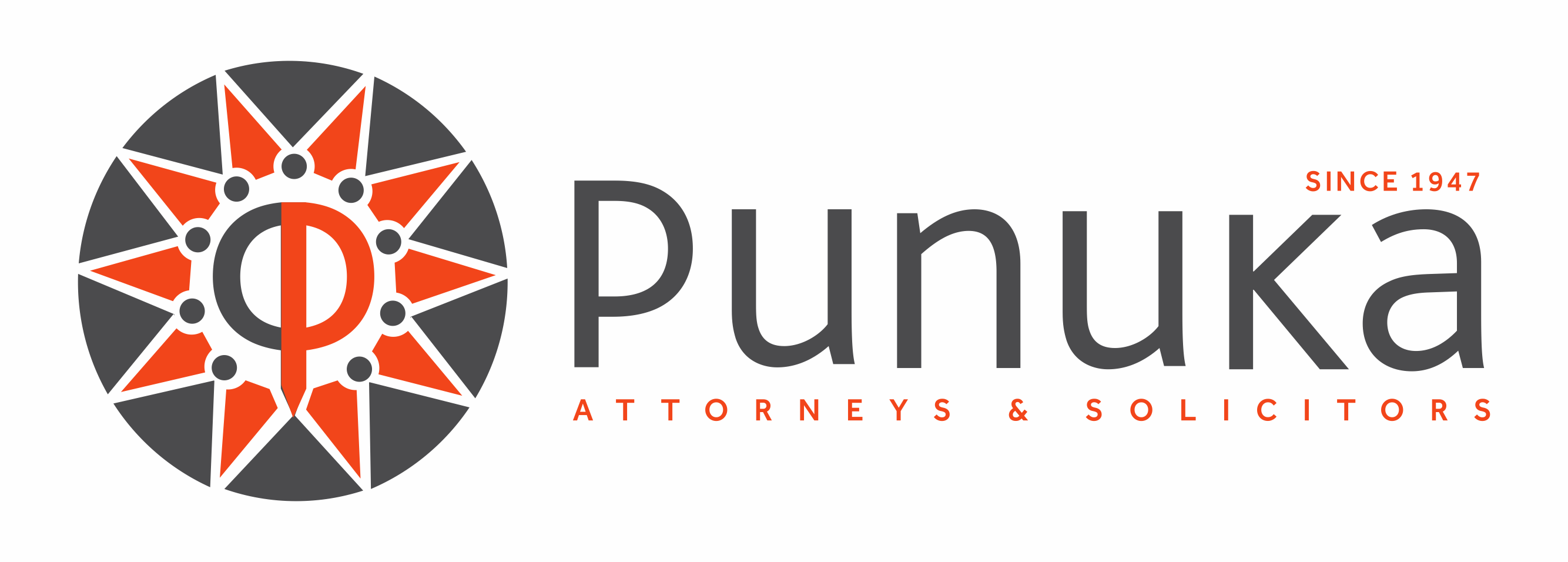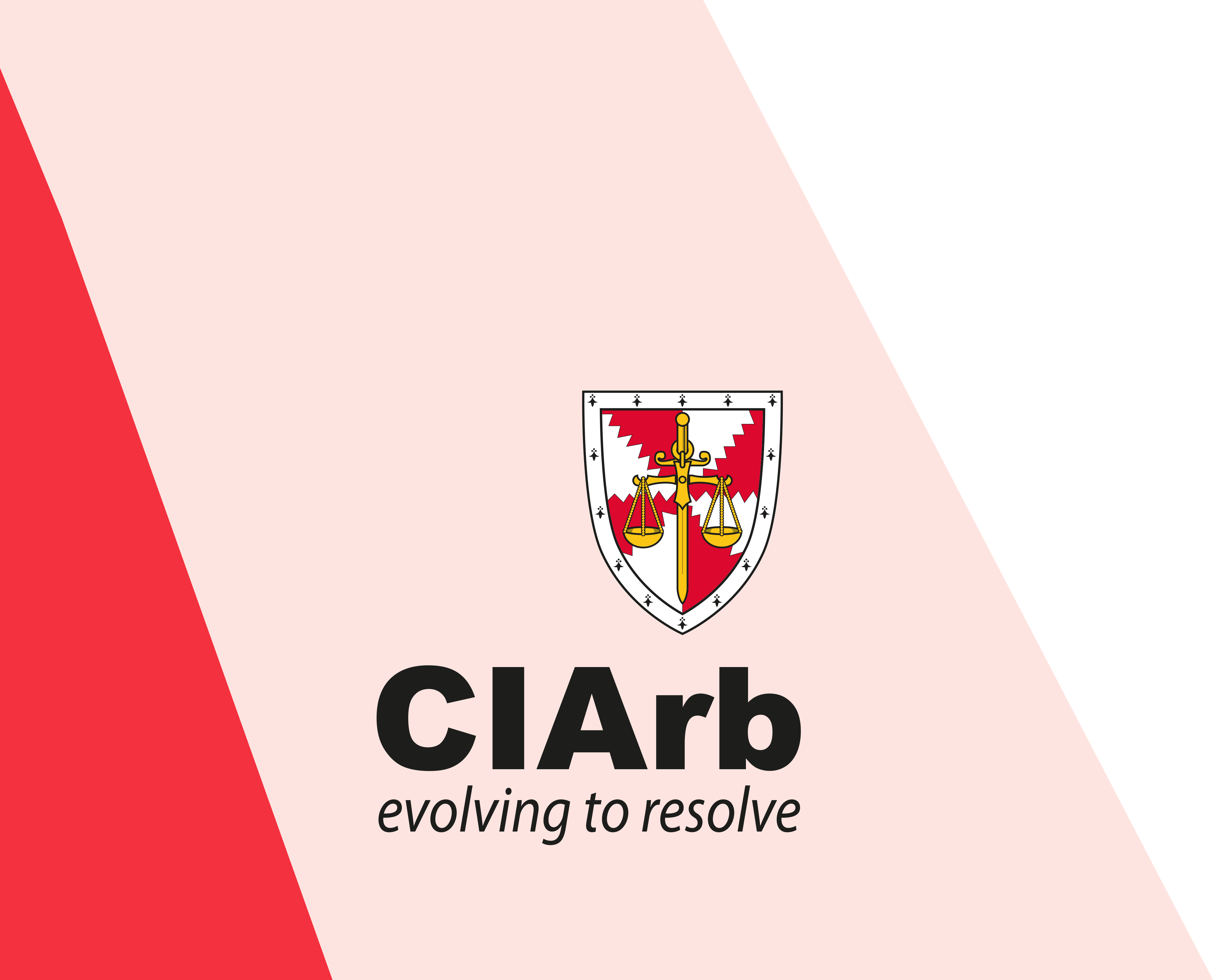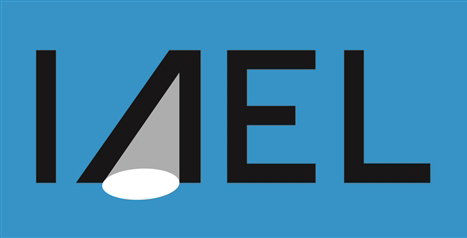Authors: Nnamdi Oragwu, Sandra Ifejika and Sharon Juwah
INTRODUCTION
The Universal Declaration of Human Rights (1948) recognizes the dignity, privacy, equality and inalienability of every human. It is on this concept of fundamental human right that the notion of patients’ right is formed. This is generally referred to as Rights to Confidentiality.[1] Right of Confidentiality means that personal information shared with an attorney, physician, therapist, or other individuals cannot be revealed to third parties without the express consent of the client. Although the right to confidentiality is closely related to the right to privacy to personal information and communication guaranteed under Section 37 of the constitution as they are founded on similar principles, the root of the two concepts is different; whereas confidentiality is an ethical duty, privacy is a right rooted in the common law.[2]
The Duty of Confidentiality in the Medical Profession
The general entrenchment of a right to privacy (and by extension a medical practitioner’s duty of confidentiality) is based on the constitutional rights of privacy and personal liberty of a citizen spelt out in section 37[3] of the 1999 Constitution (2010 as amended). The duty of confidentiality to a patient cannot be overemphasized.[4] Medical practitioners are sworn to confidentiality of their patients. This can be gleaned from their oath as contained in the Medical and Dental Council of Nigeria (MDCN) Code of Medical Ethics[5], where practitioners pledge to practice the profession with conscience and dignity, with the health of their patients being the first concern and it goes further to state that respect will be given to patients’ secrets confided in the practitioner even after the patients’ demise.[6]
Public policy considerations and impact on the right of the patient
Utilitarian connotations come to play at the instance of protection of public health[7]. For the interest of the public, patients with certain illnesses may need to be isolated despite the lucid infringement of their rights to privacy and freedom of association or movement. In all such cases, the duty to protect public health is prioritized over a duty owed to the patient. In the 1980s, the emergence of HIV/AIDS private interests that warranted confidentiality included the fear of shame, ridicule, stigma, discrimination, and abandonment. Yet a failure to disclose puts others within the community at risk of contracting the disease.
Generally, information as to names and particulars of people infected with COVID 19 were not made public. However, we have witnessed instances where government released particulars of some infected individuals to the public because they escaped from isolation facilities provided by government after testing positive to the virus. The government claimed to have done this in the interest of the public and to alert people who may come in contact with these individuals due to fear of community transmission of the virus. The steps taken by the government in this regard appears to be in line with the identified exceptions when medical confidentiality could be breached.
A Patient’s Right to Medical Records and the impact of the current pandemic
Section 23 of the National Health Act, 2014 states that every health care provider shall give a patient-relevant information pertaining to his state of health and necessary treatment relating to their health status except in circumstances where there is substantial evidence that the disclosure would be contrary to the best interests of the patient; the range of diagnostic procedures and treatment options generally available to the patient; the benefits, risks, costs and consequences generally associated with each option; and the patient’s right to refuse health services and explain the implications, risks or obligations of such refusal. The act further states that the health care provider concerned shall, where possible, inform the patient in a language that he/she understands and in a manner which takes into account his/her level of literacy.
This is another right of the patient which is being affected by the pandemic. There were reports credited to the Nigeria Center for Disease Control which is responsible for testing people for COVID 19 that the agency does not give test result to individuals which samples were tested[8]. The agency posited that it is only obligated to transmit the results of the test conducted to the States that submitted the samples to the NCDC laboratories. It would, however, appear that the contention is not whether the patient whose sample is tested for the virus is entitled to the test result or not, rather, the issue is who has the duty to communicate the result of the test to the patient. Since the States are responsible for sample collection, administratively, they have the obligation to communicate the result of the tests to the patients.
Conclusion
The need for medical confidentiality cannot be over-emphasized as every other universal right such as a right to life, freedom of speech, freedom of movement, etc, rests on the ability of the patient to trust their handlers with their information. Right to medical confidentiality should be respected by the health care provider. However, public interest must be prioritized over private interests. In light of the recent pandemic, the preservation and protection of the public interest trump the duty of confidentiality or non-disclosure owed to an individual.
*Partner, Punuka Attorneys and Solicitors, Nnamdi Oragwu (n.oragwu@punuka.com)
**Associate, Punuka Attorneys and Solicitors, Sandra Ifejika (s.ifejika@punuka.com)
***Associate, Punuka Attorneys and Solicitors, Sharon Juwah (s.juwah@punuka.com)
[1] W.H.O, ‘Patients’ Rights’,< https://www.who.int/genomics/public/patientrights/en/>, accessed on 30th April, 2020.
[2] F. Law Team, ‘Is there a Difference Between Confidentiality and Privacy?’,< https://criminal.findlaw.com/criminal-rights/is-there-a-difference-between-confidentiality-and-privacy.html>, accessed on 30th April, 2020.
[3] The privacy of citizens, their homes, correspondence, telephone conversations and telegraphic communications is hereby guaranteed and protected.
[4] Medical doctors have a duty to keep their patients’ confidences. This duty of confidentiality means that a doctor may not disclose any medical information irrespective of whether it was provided directly by the patient; or learned through an examination/test or through treatment; or learned indirectly through medical documentation or in any other manner. The purpose of a doctor’s duty to maintain patient confidentiality is to allow the patient to feel free to disclose fully any information to the doctor with the knowledge that the doctor will keep it confidential.
[5] this is a restatement of the Declaration of Geneva
[6] See also the cases of Saltman Engineering Co. Ltd. v Campbell Engineering Ltd., Coco v A.N. Clark (Engineers) Ltd. and Campbell v MGN Ltd
[7] In times of emergency, such as an outbreak of infections, the need to contain the spread of the disease in question might warrant extraordinary measures which, in some cases, may adversely impact certain segments of the population. Isolation might be necessary for infected individuals as would be quarantine for people who, although not ill, have been exposed to infectious agents.
[8] https://guardian.ng/news/why-we-dont-give-covid19-test-results-to-individuals-ncdc/













